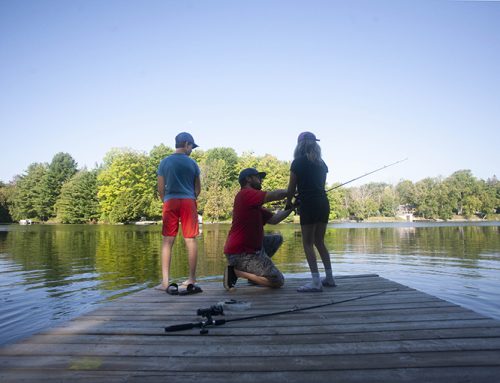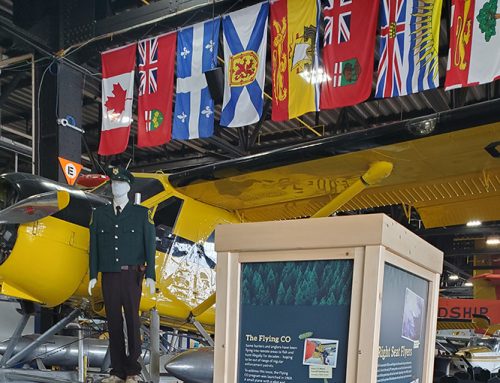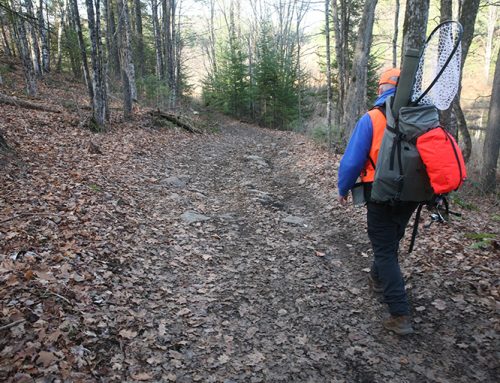 A PhD candidate from Trent University is looking to genetic testing for clues that might explain why moose populations are declining. Meredith Purcell is asking hunters to take part in the moose genome project by sending moose tissue samples to her in small tubes by mail. Preferred samples include meat, ear tips, or teeth.
A PhD candidate from Trent University is looking to genetic testing for clues that might explain why moose populations are declining. Meredith Purcell is asking hunters to take part in the moose genome project by sending moose tissue samples to her in small tubes by mail. Preferred samples include meat, ear tips, or teeth.
The aim is to create and maintain a database of samples that can be used to determine if there is a connection between genetics and environmental factors. Purcell’s project uses genetic markers that occur within genes that have functions related to climate change and disease. “We are looking for variation within these genes within and between subspecies of moose in Ontario. For example, one of the genes I am looking at is related to thermoregulation, or the ability to regulate heat,” said Purcell. “So, finding differences within this gene (between the two subspecies of moose in Ontario) may indicate that one subspecies could be better adapted to warmer temperatures than the other.” The more samples that can be collected the more variation she may find.
The project focuses on factors other than hunting that may be causing the drop in moose numbers, yet hunters are Purcell’s number one source for the much-needed test material. Purcell is looking for samples from the Bancroft, Kenora, and Timmins areas.
The public is encouraged to get involved. Interested parties are asked to contact Purcell through her website.
Purcell is finishing up a tour of Ontario Federation of Anglers and Hunters (OFAH) zone meetings, where she has been making presentations to moose hunters and others about the project’s preliminary results and future work. Non-OFAH members are welcome to attend these informational sessions.
The final two meetings will be held:
-August 27, 2015 Zone F at Perth Legion, 26 Beckwith St.E., Perth, ON
-September 26, 2015 Zone D in Parry Sound, ON






Leave A Comment